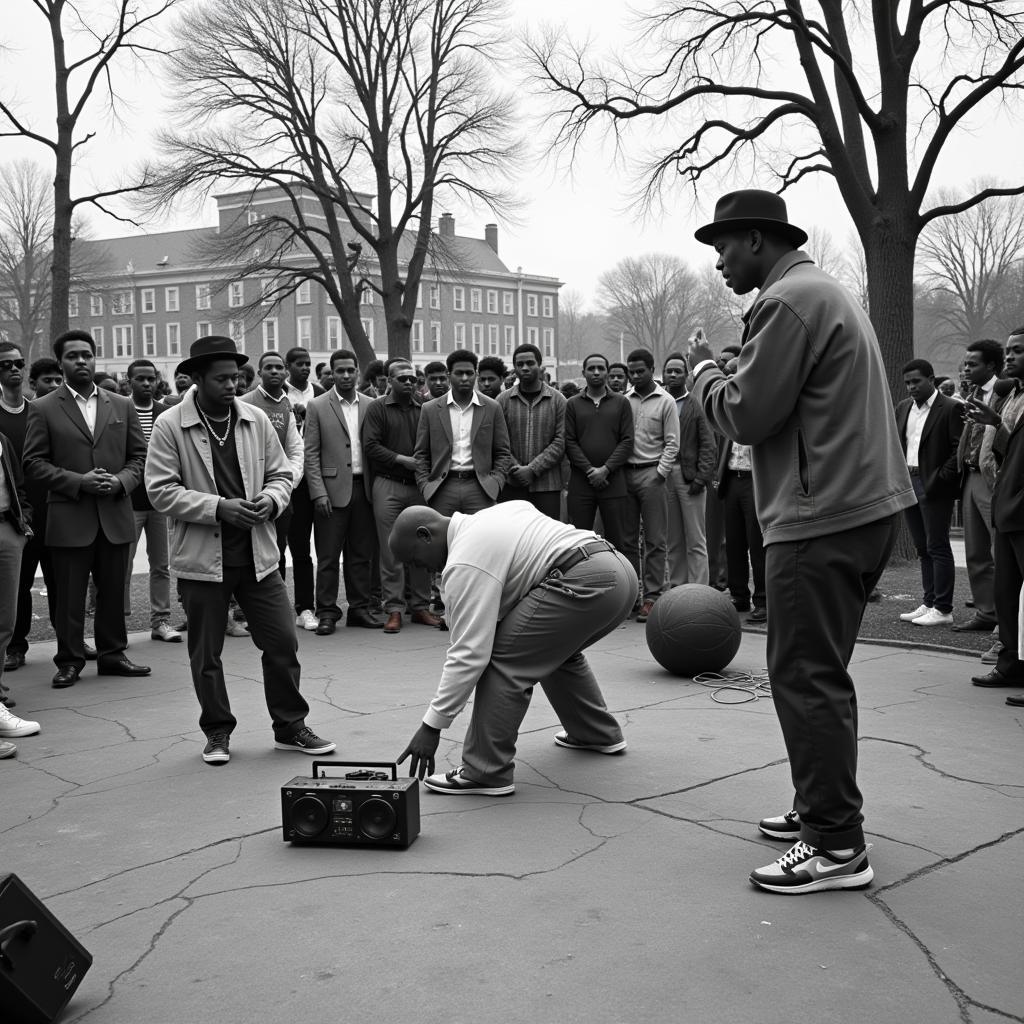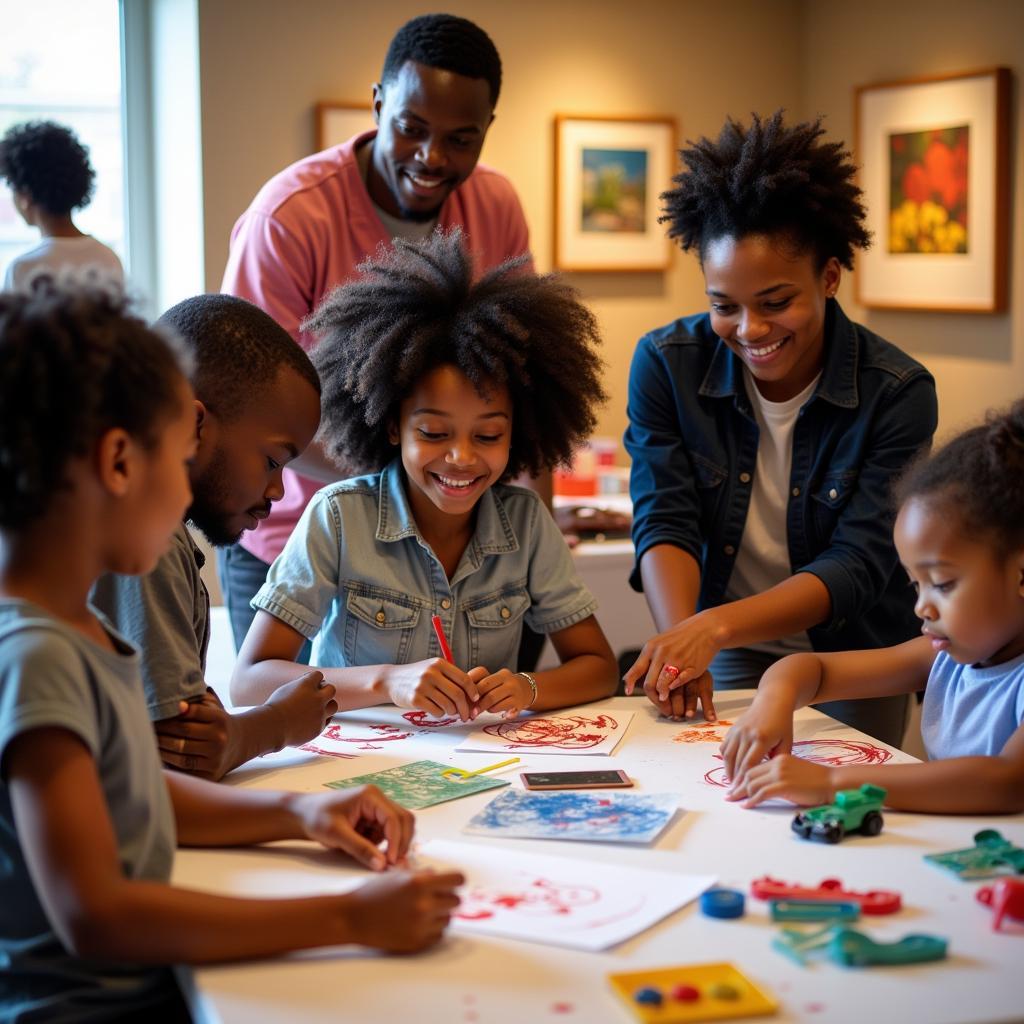African American Revolutionary Musicians
African American Revolutionary Musicians have shaped not only the musical landscape but also the social and political consciousness of the world. From spirituals born out of slavery to the electrifying sounds of jazz, blues, and hip-hop, these artists have used their music as a powerful tool for resistance, expression, and change. Their contributions have resonated across generations, inspiring movements and leaving an enduring legacy.
The influence of African American revolutionary musicians extends far beyond the realm of entertainment. Their music has served as a platform for social commentary, challenging racial injustice and advocating for equality. From the coded messages embedded in spirituals to the protest songs of the Civil Rights era, these artists have given voice to the voiceless and fueled social change.
The Power of Music in the Face of Adversity
The earliest forms of African American music emerged during slavery, serving as a source of solace and hope in the face of unimaginable hardship. Spirituals, often sung in secret gatherings, carried coded messages of resistance and yearned for freedom. These songs, rooted in African musical traditions, laid the groundwork for the development of gospel, blues, and jazz.
Later, during the Jim Crow era, blues music became a powerful expression of the African American experience, reflecting the struggles, joys, and sorrows of everyday life. Artists like Bessie Smith and Robert Johnson captivated audiences with their raw emotion and poignant storytelling. Blues, in turn, became a foundation for rock and roll, demonstrating the far-reaching impact of African American musical innovation.
Jazz, Innovation, and Social Change
Jazz, a uniquely American art form born in the melting pot of New Orleans, became a symbol of cultural resistance and innovation. African American jazz african american jazz musicians like Louis Armstrong, Duke Ellington, and Billie Holiday pushed musical boundaries, challenging conventional norms and inspiring generations of artists. Jazz became a powerful force for social integration, bringing together people of different backgrounds through a shared love of music.
Who are some key figures in revolutionary music?
Some key figures include Nina Simone, Marvin Gaye, and Public Enemy. These artists used their platforms to address social and political issues, contributing to the dialogue surrounding civil rights, equality, and social justice.
The Rise of Soul and the Civil Rights Movement
The Civil Rights Movement of the 1950s and 60s saw the rise of soul music, a genre that blended gospel, blues, and R&B to create a powerful soundtrack for change. Artists like Aretha Franklin, Sam Cooke, and Otis Redding used their music to inspire hope, uplift spirits, and mobilize communities in the fight for equality. Their songs became anthems of the movement, reflecting the struggles and aspirations of African Americans across the nation. You can learn more about influential African Americans who changed the world here: African Americans who changed the world.
How did music contribute to the Civil Rights Movement?
Music provided a powerful voice for the movement, inspiring hope and mobilizing communities. Songs like “We Shall Overcome” and “A Change is Gonna Come” became anthems of the struggle. Want to know more about African American facts? Check out this link: african american facts.
Hip-Hop: A Voice of Resistance
In the late 20th century, hip-hop emerged as a powerful voice of resistance, giving voice to marginalized communities and challenging systemic inequalities. Artists like Public Enemy, Grandmaster Flash and the Furious Five, and Queen Latifah used their music to address issues of police brutality, poverty, and social injustice, sparking dialogue and inspiring change.
 Early Hip-Hop Artists Performing
Early Hip-Hop Artists Performing
“Music is a weapon,” says Dr. Anika Johnson, ethnomusicologist and professor of African American Studies at Howard University. “For African Americans, it has always been a tool for survival, resistance, and cultural expression.” This sentiment is echoed by renowned music historian, Dr. Kwame Nkrumah, who states, “The rhythms and melodies of African American music reflect the journey of a people, from the depths of despair to the heights of triumph.”
Continuing the Legacy
The legacy of African American revolutionary musicians continues to inspire and influence artists today. From Beyoncé to Kendrick Lamar, contemporary artists are building upon the foundations laid by their predecessors, using their music to address social issues and challenge the status quo. You can delve deeper into the world of African American jazz artists. Explore the fashion trends of the era with this resource on African American 70 clothes.
African American revolutionary musicians have not only enriched the world with their music but have also used their voices to inspire change and fight for justice. Their contributions continue to resonate across generations, reminding us of the power of music to transform lives and shape society.
FAQ
- What is the significance of spirituals in African American music?
- How did blues music influence later genres like rock and roll?
- Who are some key figures in the development of jazz music?
- How did music play a role in the Civil Rights Movement?
- What are some of the key themes explored in hip-hop music?
- How do contemporary artists continue the legacy of revolutionary music?
- What are some resources for learning more about African American music history?
Need support? Contact us 24/7: Phone: +255768904061, Email: kaka.mag@gmail.com or visit us at: Mbarali DC Mawindi, Kangaga, Tanzania.


